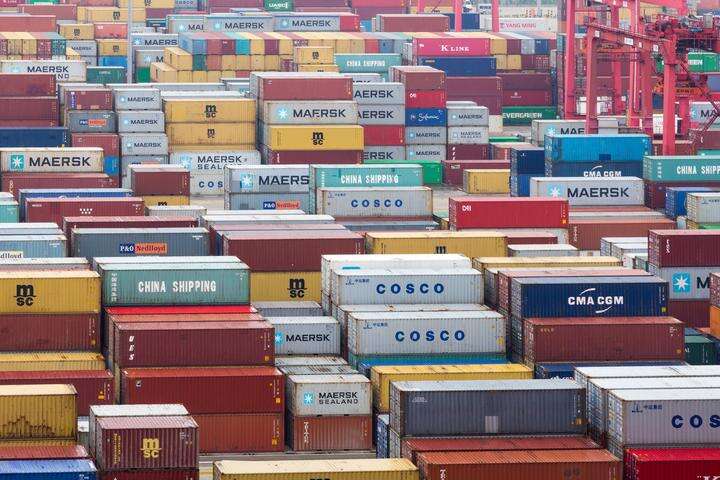import logistics
Import logistics encompasses the comprehensive management and coordination of international goods movement from origin to destination. This complex process involves multiple stages, including customs clearance, documentation handling, freight forwarding, and warehouse management. Modern import logistics leverages advanced technological solutions such as real-time tracking systems, automated customs documentation processing, and integrated warehouse management systems. These technologies enable seamless coordination between various stakeholders, including suppliers, shipping companies, customs authorities, and end customers. The system incorporates sophisticated inventory management tools that optimize storage space and reduce handling costs while maintaining efficient stock levels. Import logistics also utilizes predictive analytics and artificial intelligence to forecast shipping delays, optimize routes, and manage risk factors. This data-driven approach ensures better decision-making and improved operational efficiency. The process includes careful consideration of compliance requirements, international trade regulations, and security protocols to ensure smooth cross-border transactions. Additionally, import logistics systems often feature specialized modules for handling different types of cargo, from temperature-sensitive goods to hazardous materials, ensuring appropriate handling throughout the supply chain.


